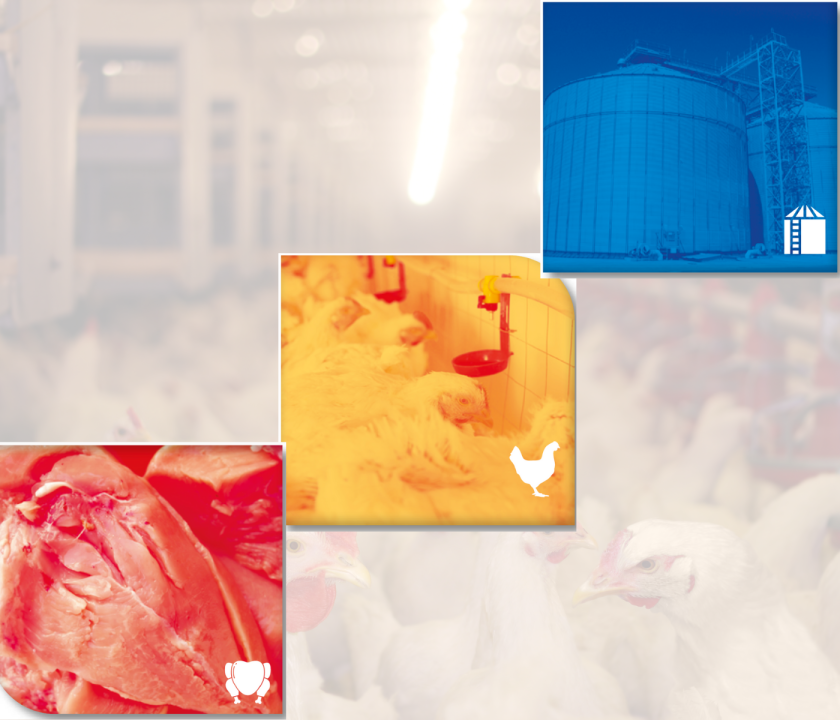Content available at: العربية (Arabic)
In 2021, the meeting was conducted virtually with approximately 600 participants, but this year the attendance went back to over 1,000 people that have had since 2011.
The information discussed in this conference includes all poultry production and health areas, split into rooms for each topic. The subject matters include:
Nutrition is the most popular topic, with almost one-third of the presentations. There are sessions in:
These talks or posters also include reports of feed ingredient and quality evaluations, methodologies to evaluate energy and nutrient content and feed processing methods.
Among the hundreds of papers presented, we would like to summarize key findings that could interest our readers and have not been discussed in previous articles. We will discuss diverse information related to all poultry species in health, management, nutrition, and processing.
Histomoniasis is one of the biggest challenges worldwide due to the lack of effective additives for turkey production prevention. It is also becoming more common in broiler breeders and chickens (Figure 1).
Figure 1. Illustrates Histomonas meleagridis.
Researchers from North Carolina State University (Cupo et al.) reported gene expression findings related to the differences between broilers and turkeys on immune response against Histomonas meleagridis.
- Both species can get infected, but turkeys are more likely to develop a disease.
- The RNA sequencing indicated that turkeys have a greater physiological response to H. meleagridis than chickens five days post-inoculation.
- Five to nine times more differentially expressed genes were
TO CONTINUE READING REGISTER IT IS COMPLETELY FREE Access to articles in PDF PDF
Keep up to date with our newsletters
Receive the magazine for free in digital version REGISTRATION ACCESS
YOUR ACCOUNT LOGIN Lost your password?

